In our latest overview of BBC News website coverage of Israel and the Palestinians we noted that among the news from areas controlled by the Palestinian Authority or Hamas which the corporation ignored during July were demonstrations against Hamas in the Gaza Strip.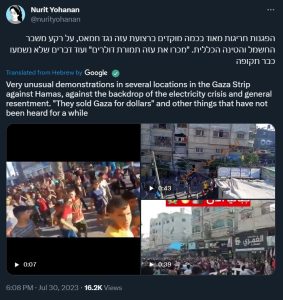
Additional protests planned for the following week were disrupted by Hamas security forces.
“Protests were scheduled to take place once again throughout the strip on Monday. However, Hamas came prepared to thwart them.
“In all the locations where we announced that gatherings would take place, there was a heavy presence of civilian and military security, and police cars everywhere,” a source inside Gaza told The Times of Israel on Tuesday.
“Whenever two people were walking together, they were forbidden to stop on the street, after not even a minute [security forces] would go up to them and tell them ‘get out of here or we will take you with us,’” he said.
But on social media, at least, it appears that the protest movement is maintaining its momentum.”
Those developments likewise did not receive any BBC coverage.
As reported by the Jerusalem Post and others, the background to those protests includes the cost of living and shortage of electricity.
‘“We are protesting against poverty and unemployment,” said Salah Naim, a political activist from Khan Yunis. “The entire people took to the streets because they are fed up with the situation. We are angry not only against Hamas, but the Palestinian Authority as well.”’
Over six years have passed since BBC audiences last saw an accurate explanation of the reasons behind the chronic power shortages in the Gaza Strip. The BBC’s default ‘explanation’ for that and other issues negatively affecting the territory’s civilian population is of course the counter-terrorism measures imposed by Israel (and Egypt) following the violent Hamas coup in 2007 and the subsequent rise in terror attacks from the territory. As recently as July 19th, BBC News website audiences were told that:
“…the blockade has crippled Gaza’s economy and living conditions are dire. Human rights groups say it constitutes a collective punishment imposed in clear violation of international humanitarian law.”
In November 2022 BBC News website readers were told that:
“Deadly fires – often caused by candles – have become a regular occurrence in Gaza because of severe power shortages. These are linked to the blockade imposed on the territory by Israel and Egypt as a security measure against militants there, and internal Palestinian political disputes.”
In July 2022 listeners to BBC World Service radio heard the following:
“About 80% of the population depends on international aid according to the United Nations and about one million people rely on daily food aid. At the heart of Gaza’s economic woes is a blockade by neighbouring Israel and by Egypt, restricting the movement of people and goods, which was tightened after the Hamas takeover…”
The Jerusalem Post’s Khaled Abu Toameh recently reported statements made by Hamas and Palestinian Authority officials in relation to those protests in the Gaza Strip:
“The Palestinian Authority and Hamas have traded accusations over the humanitarian and economic crises in the Gaza Strip, with each side holding the other responsible for the suffering of the two million residents of the coastal enclave. […]
Musa Abu Marzouk, head of the Hamas political bureau, held the Palestinian Authority responsible for many of the problems in the Gaza Strip. He claimed that in 2012 Hamas presented a project to build a new power plant there at a cost of $100 million that would be funded by the Islamic Development Bank.
The bank, Abu Marzouk said, requested that the power plant be built on the Egyptian side of the border city of Rafah so it won’t be targeted by Israel, as was the case in 2006 after the kidnapping of IDF soldier Cpl. Gilad Schalit. However, the Egyptians said they would not allow the project to be carried out unless it was okayed by the PA. “The Palestinian Authority did not agree to the project,” the Hamas official claimed.
Abu Marzouk also accused the PA of obstructing a Qatari-funded project to build a pipeline connecting Israeli gas facilities with the Gaza Strip’s only electrical plant.
“Our problems are easy to solve, but the Palestinian Authority is opposed to any solution in the Gaza Strip,” he said. “The Palestinian Authority is causing many of the problems in the Gaza Strip; there’s no electricity, there’s no free travel, there’s unemployment. They are responsible for these issues.” […]
Zafer Milhem, chairman of the Palestinian Energy and National Resources Authority, said in response that it was Hamas that was hindering the project by insisting on operating the plant with gas instead of solar. He also accused Hamas of refusing to transfer the funds it collects from electricity bills to the Palestinian Ministry of Finance.
Munther Hayek, a senior official with the ruling Fatah faction headed by Palestinian Authority President Mahmoud Abbas, dismissed the Hamas official’s claims, saying that the Ramallah-based Palestinian government was fulfilling its duties toward the Gaza Strip. […]
He said the PA was still supervising developmental projects in the Strip and paying for the electricity supplied by Israel.
The Fatah official said that the crises of the Gaza Strip were the result of the Fatah-Hamas dispute which, he added, was caused by Hamas.”
So while Hamas blames the Fatah-controlled Palestinian Authority for the dire conditions in the Gaza Strip and the PA blames Hamas, the BBC continues to attribute the situation primarily to Israel’s counter-terrorism measures and to ignore yet another Palestinian affairs story which is at odds with its simplistic chosen framing.
Related Articles:
BBC’S KNELL REPORTS ON GAZA POWER CRISIS – WITHOUT THE USUAL DISTRACTIONS

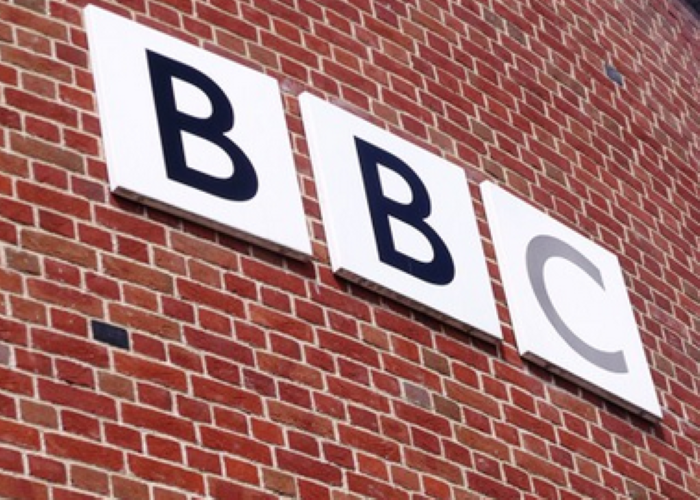
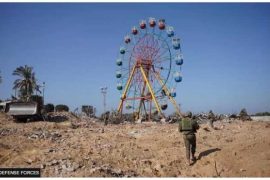

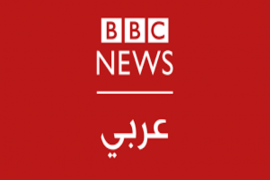
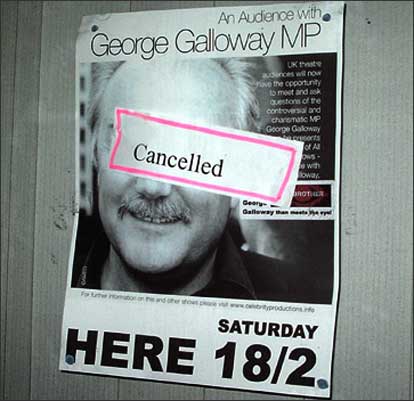
Thanks to Camera for exposing the relentless anti-Israel lies and omissions by the BBC WS – but what can the UK listener do to correct this national disgrace ? Refusing to pay the £159 pa “licence fee” in protest might help but the law allows the BBC to claim that any device than is capable of receiving BBC transmissions makes the owner liable to the tax. What a disgrace !
Sooner or later the BBC are going to have to publicise this, in the meantime, their editors are no doubt constructing a narrative that will blame and demonise Israel as the catalyst for the protests.